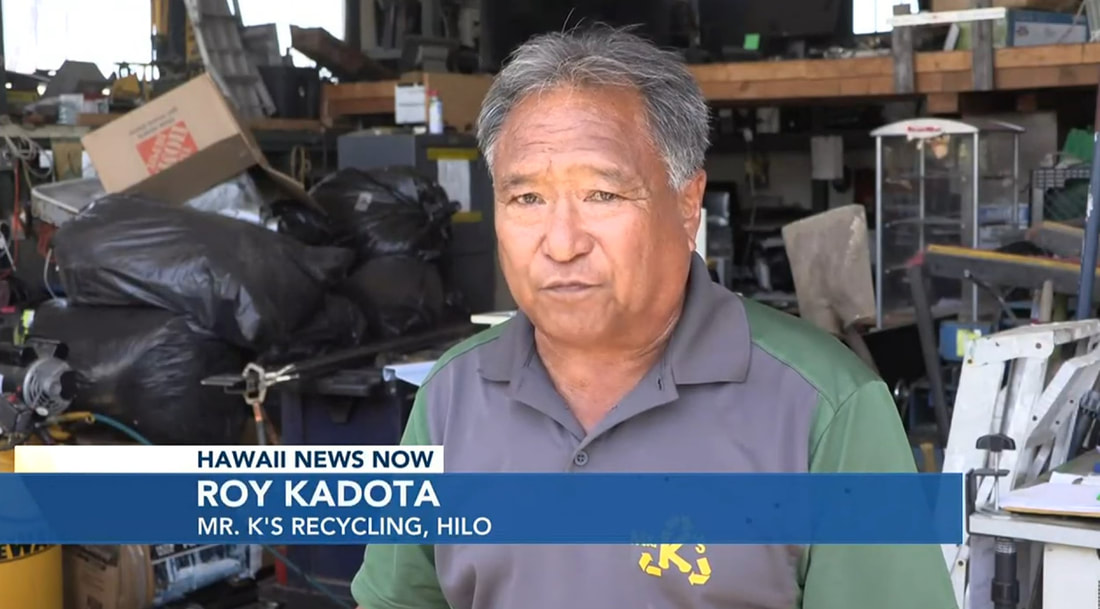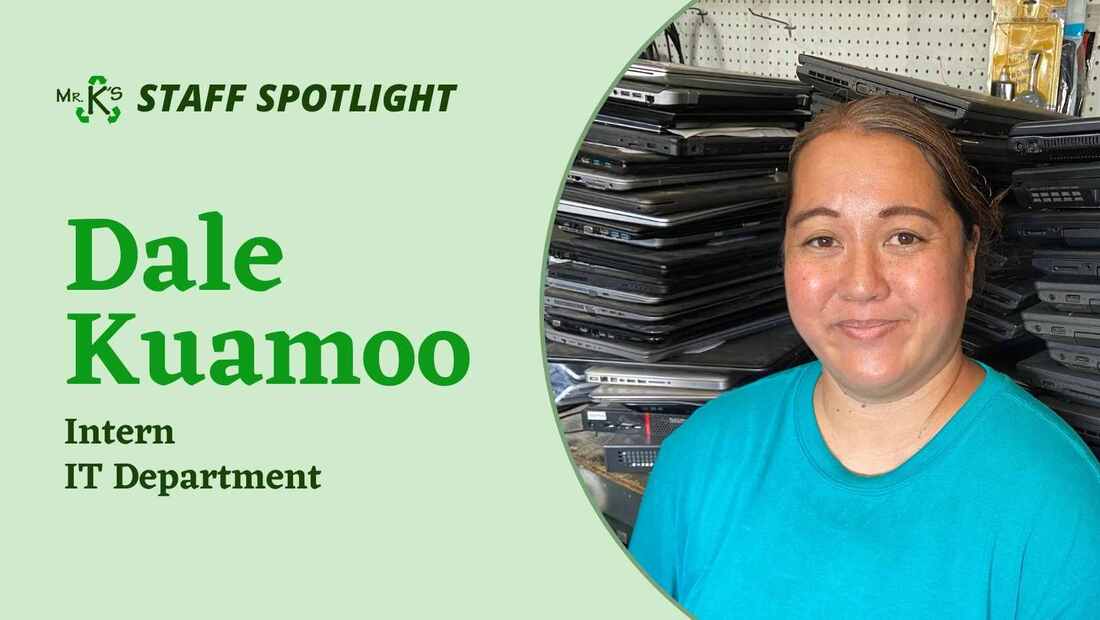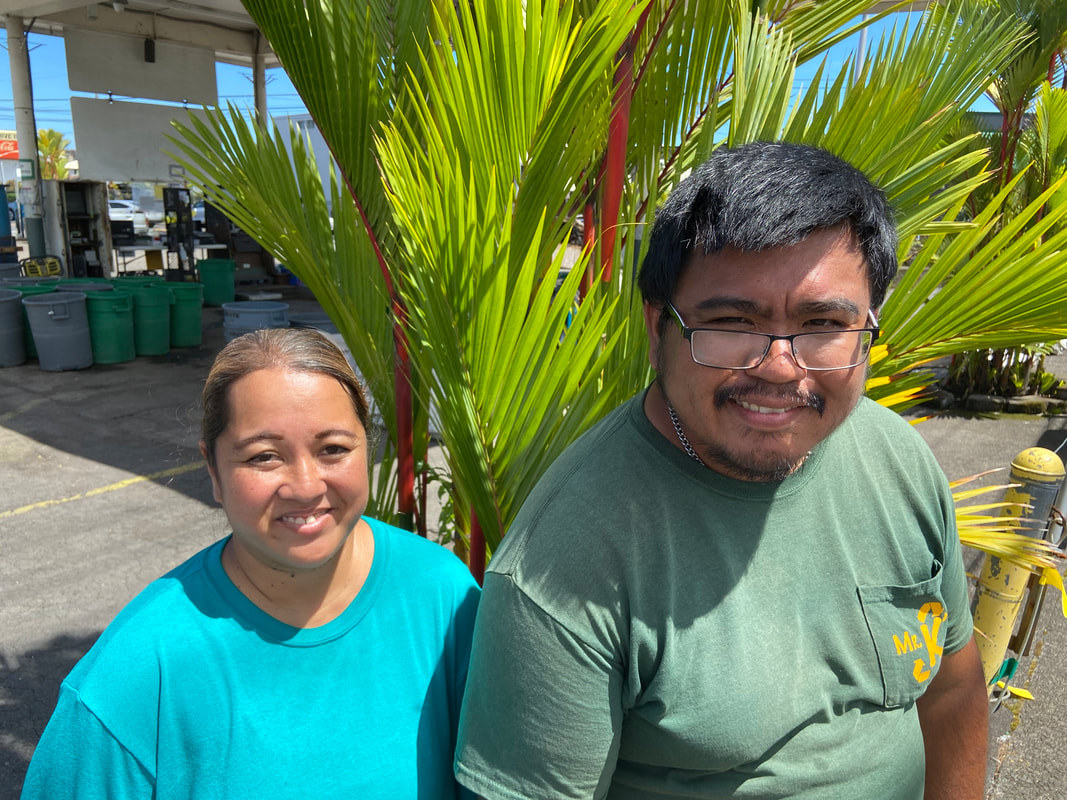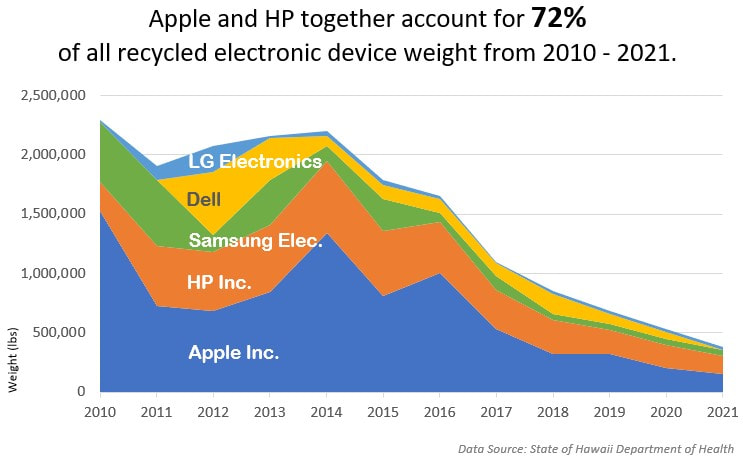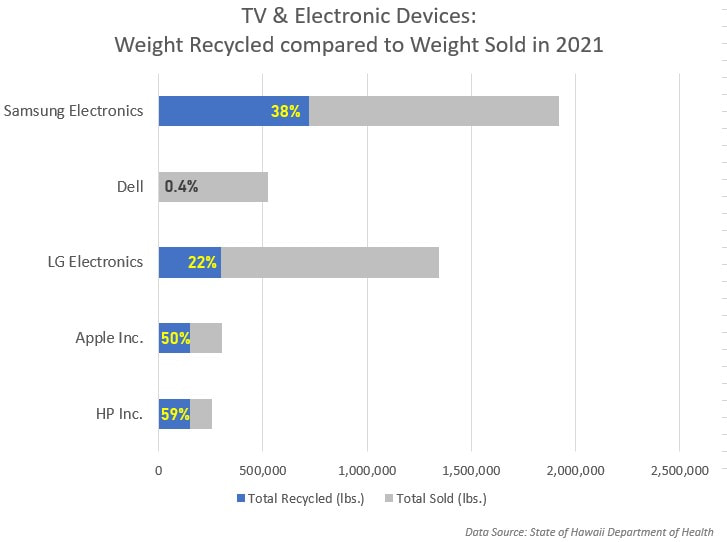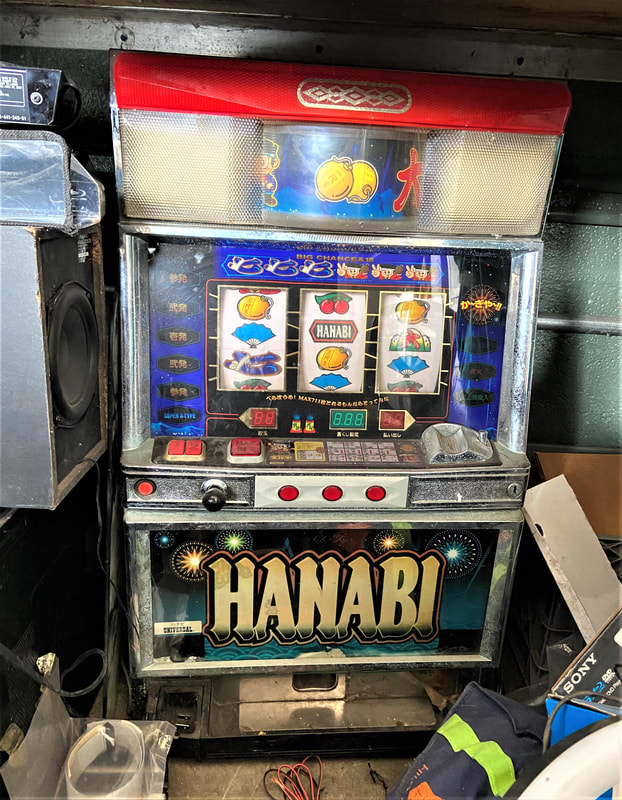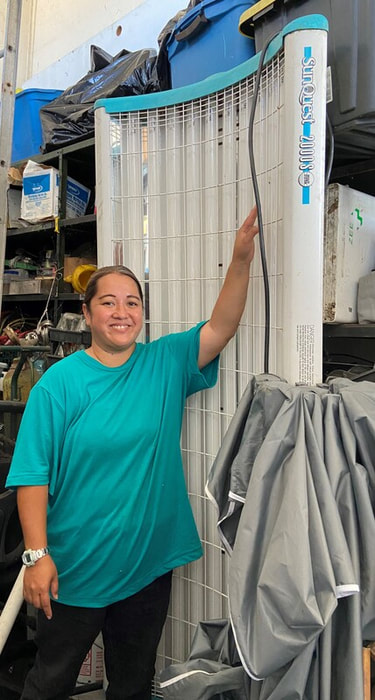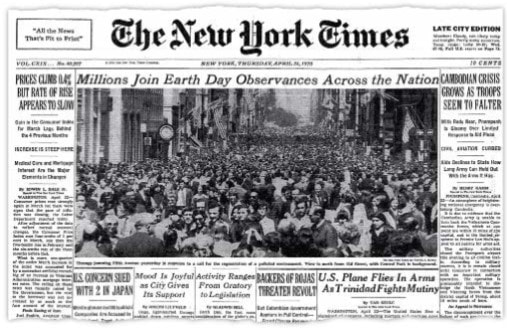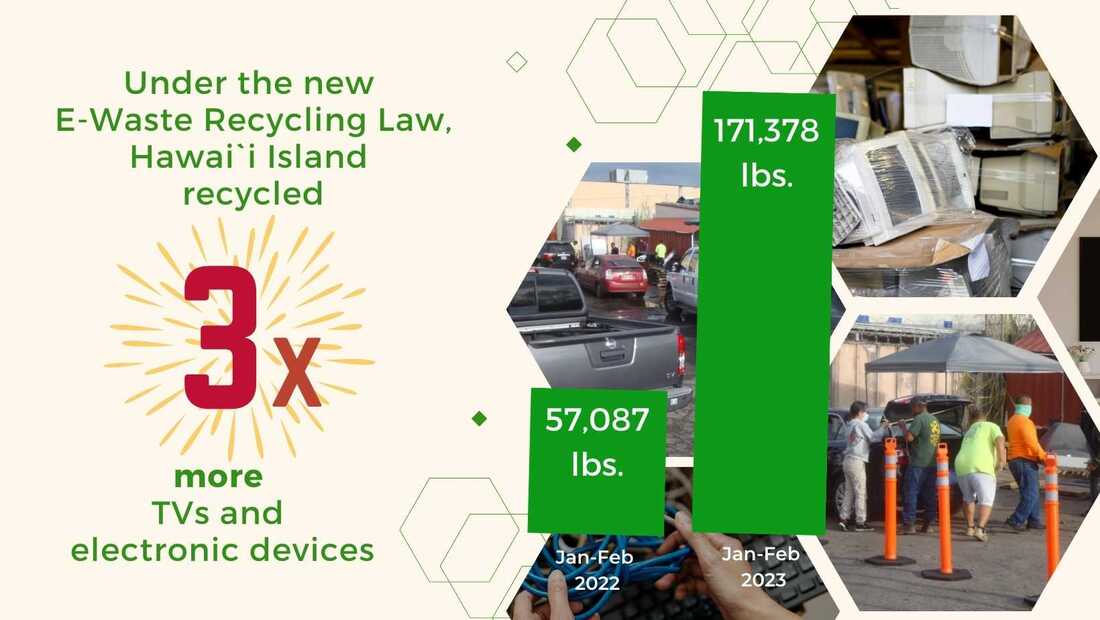|
Hawaii's new system for collecting old computer equipment and televisions is moving into high gear. Video is 3 minutes. By Daryl Huff, Hawaii News Now.
1 Comment
Q: Aloha, Dale! We've been so happy having you here for your internship. Could you tell us what you're studying?
Hi! Yes, I'm in my second year in the Associate in Science program at Hawai`i Community College, in Information Technology. Q: How did you first get interested in IT? I used to design weblogs for my friends using a hosting site called Xanga. Xanga is old school -- it predates MySpace! I liked that you could customize things, like using different backgrounds or making it sparkly. Q: What brought you to Mr. K's for your internship? I like being able to take things apart. And with hardware [in contrast to programming], certain things make it easy. If a computer doesn't start, the troubleshooting usually starts with switching out the RAM. If it's a motherboard issue, which often involves soldering, [which we don't do], then the computer gets recycled as [electronic] waste. Q: What do you like the most about working at Mr. K's? I like being a part of something that keeps Hawaii clean. Mr. K's makes it so everyone's old electronics have a place to go. Just imagine how our landfills, side streets, back roads, and possibly waterways would look littered by laptops, flat screen and CRT TVs, PCs. Malama Ka `Aina is what Mr. K's believes in, and I am definitely honored and proud to be a part of this. Q: What's been most challenging about working here? Some of the commercial electronic waste that comes in is pretty heavy, like big UPS (uninterrupted power supply) batteries. On the first day, I couldn't lift 40 pounds of weight. But now I can lift more than 60 pounds. I never thought I could lift 60 pounds. I guess you get conditioned by repetitive lifting of e-waste. Don't get me wrong, there are days when my muscles ache. But when I think about where the e-waste could end up if Mr. K's didn't accept it, it is a small price to pay. Q: You've been working in recycling for two months now. What's something that you'd like to tell people about recycling? It may sound cliché, but one man's trash is another man's treasure. A lot of the stuff that comes in here is half broken, but somehow our team gets it up and running again. Q: What are your plans after finishing your degree at HCC? I'm applying to the University of Hawai`i Maui College's Applied Business Information Technology program. I haven't decided yet what realm of IT I want to be in.
bove: Dale Kuamoo with her mentor, Evan Takita, of the IT Department
Dale was Evan Takita's first intern. Evan is a graduate of Hawai`i Community College and was himself an HCC intern back in the day. Evan was impressed by how quickly Dale has picked up things. "She's not afraid of asking questions," he said, "and she thinks ahead to the next steps." Evan also praised Dale's willingness to take on some of the physical tasks involved in recycling e-waste. Sometimes Mr. K's will receive several pallets of electronics, which then has to be sorted by type and weight. This might be intimidating for some, but not Dale. "She's not afraid of hard work," said Evan. Dr. Carrie Butler, Program Coordinator and Assistant Professor of HCC's Business Education and Technology Division, expressed appreciation to Roy Kadota and the team at Mr. K's. "We appreciate Mr. K's willingness to help our students learn and provide a service to the community," she said. Internships are an integral part of providing HCC Business Education and Technology students with real-world experience and training. Employers interested in internship placements should contact Dr. Butler at [email protected] . 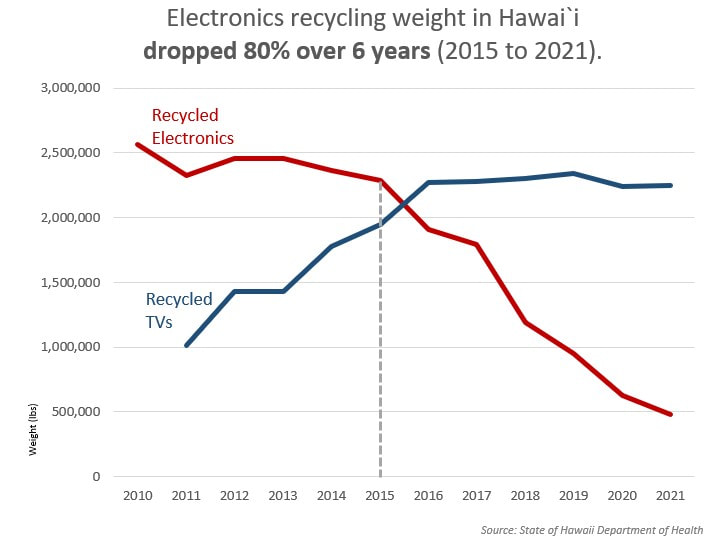
Figure 1.
With the passage of Act 151 in 2022, manufacturers of eligible electronic devices would be responsible for covering the cost of recycling of all device owners. This expanded the previous e-waste recycling law, which only covered manufacturers of TVs. The law also set recycling targets, incentives in the form of financial penalties for not meeting those targets, and convenience requirements for Neighbor Islands. The convenience requirements for Hawai`i Island create in-person e-waste collections in Hilo and Kona at least once a month.
In the 2023 legislative session, Senate and House bills sought to weaken Act 151, arguing that there is not enough recycling weight to meet the targets, and recycling costs would be too high. Data from the State of Hawaii Department of Health (DOH), which oversees e-waste recycling, shows that prior to Act 151, the volume of recycled electronic devices plummeted. Recycled TVs, on the other hand, steadily rose and held steady. This blog highlights some insights from DOH data.
Figure 2.
Over the 11-year period from 2010 - 2021, the top 5 manufacturers ranked by the weight of recycled electronic devices reported to the DOH were Apple, HP, Samsung Electronics, Dell and LG Electronics. Apple and HP account for 72% of the total weight recycled during that time period (figure 2, above). The other 3 manufacturers steadily shrink to a fraction of what Apple and HP are recycling. Is this because Apple and HP are selling more products by weight in Hawai`i?
Figure 3.
DOH data for 2021 does not suggest a correlation between (a) the total of TVs and electronic devices sold by weight and (b) the total recycled by weight. (Covered electronic devices are combined with TVs because the weight sold data is aggregated by DOH.) Samsung and LG recycle more by weight when TVs are included, but Apple and HP still recycle more as a percentage of weight sold. The data suggests then, that even with devices generally getting lighter, there is a significant amount of weight sold in Hawai`i that could be recycled.
In testimony for HB 1640 HD2 (Act 151) in March 2021, DOH pointed out the difference in total recycling between Dell and Apple. "Both Apple and Dell collect the same electronic devices," DOH wrote, "but Apple has set higher recycling targets than Dell for Hawaii." Further, DOH added that, under the current law (prior to Act 151), "manufacturers have no incentive to increase the amount of electronic devices they recycle in Hawaii." Lacking manufacturer incentives, electronic device recycling in Hawai`i has plummeted (figure 1). Hawai`i County has also struggled to sufficiently fund its free collection program. Against this backdrop, the new e-waste recycling law, Act 151, started on January 1, 2023, and has already seen great success in its first two months here.
Hang around Mr. K's long enough, or just turn up on the right day, and you might just come across something that captivates your imagination. Like this Japanese Hanabi pachislo slot machine. Play the odds in your own living room and discover firsthand why hanabi means "flower of fire burning through my wallet"!
Hanabi is Japanese for fireworks ("hana" = flower, "bi" = fire). Mesmerizing for its inexplicability -- a tanning booth in Hawai`i. Then again, those long rainy stretches in December can leave you feeling pale and washed out ...
As this year's Earth Day approaches on Saturday, April 22nd, we're reminded that our everyday acts of redeeming our HI5 beverage containers or recycling our scrap metals are part of a global "one billion acts of green."
This year's Earth Day theme, "Invest in Our Planet," communicates the importance of dedicating our time, resources and energy to solving environmental issues and the best way to pave a path towards a healthy, happy and wealthy communities worldwide. Looking for ways to add your efforts to the "billion acts of green" this April 22nd? Here are a few ideas:
We can express our mālama ka ʻāina, caring for our land, by responsibly disposing of things we can no longer use. Yet cost and inconvenience can pose barriers to many.
Last year, Hawai`i passed Act 151, which enables recycling of eligible electronic devices at no cost to all owners, whether residents, schools, non-profits, government agencies or businesses. Funded by the manufacturers of electronic devices, the program sets recycling targets and incentives for manufacturers, and ensures Neighbor Islands like Hawai`i Island have convenient options. The program started on January 1st of this year, and already the first two months saw an increase of three times the weight collected during the same time last year, up to 171,378 pounds, compared to only 57,087 last year. Removing the barrier of cost burst open some storage rooms. One agency has already brought in over 20,000 pounds of e-waste, which they had been holding onto for over 10 years. Act 151 has already saved them over $11,000. Evan Takita of the IT Department recalls a large cathode-ray TV in a solid wood console that was unloaded from the back of a truck by two young men. "It must have weighed at least a hundred pounds," Evan noted. One of the men said it was his grandmother's, and that they'd finally gotten around to hauling it in because of the free recycling program. "They couldn't believe they didn't have to pay," said Evan. "A lot of people are thankful." |
Archives
October 2023
Categories
All
|

